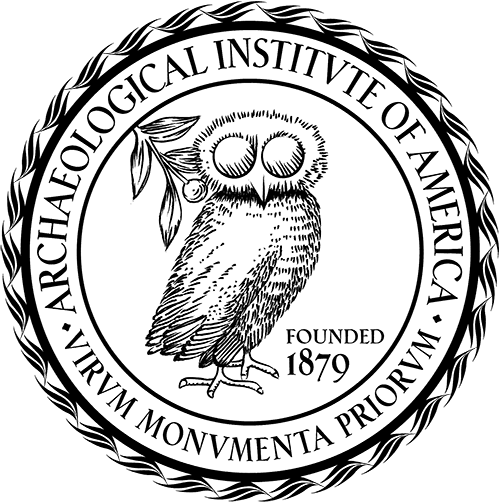February 28, 2006

Contact: Jane C. Waldbaum
President, Archaeological Institute of America
414-229-3334 OR 414-517-7558 OR jcw@uwm.edu
In response to the Association of Art Museum Directors’ (AAMD) new guidelines on the loan of archaeological artifacts and ancient artworks, the Archaeological Institute of America (AIA) today issued a statement pointing out its shortcomings and proposed a set of principles for future acquisitions or loans of antiquities by American museums.
“The AIA applauds the efforts of the museum community to promote the ethical acquisitions of antiquities,” says Jane Waldbaum, President of the AIA. “However, we think that the AAMD guidelines fall short in several areas and do not adequately address the unique nature of archaeological artifacts and contexts.”
The AIA statement points out that the AAMD’s guidelines do not conform to the International Council of Museums (ICOM) Code of Ethics of 2001 and fail to require that acquisitions comply with the laws of the country of origin and of any intermediary countries through which an artifact has been transferred. Although the AAMD guidelines recommend that museums not acquire artifacts that have been removed from official excavation sites, the guidelines ignore clear evidence that most undocumented antiquities come from unrecorded or unexcavated sites that are most likely to be looted. “The need for museums to adopt acquisitions policies that recognize the connection between their acquisitions and the problem of looting of archaeological sites is pressing,” says Patty Gerstenblith, Chair of the AIA’s Cultural Property Legislation and Policy Committee and Professor of Law at De Paul University. “Sites are a non-renewable cultural resource. The looting of archaeological sites damages the cultural heritage of both the country where the sites are located and the heritage of everyone.”
“The recent Italian repatriation claims have shown that the time is ripe for the adoption of good new acquisition policies in American museums,” says Malcolm Bell, III, AIA Vice President for Professional Responsibilities and Professor at the University of Virginia. “The AAMD guidelines are too permissive; what is called for is a rigorous policy that excludes acquisition of recently looted art. We need to protect the sites!” The Archaeological Institute of America recommends four basic principles that should govern collection-building in the field of ancient art:
Museums should adopt a written policy on the acquisition of antiquities. These policies should be made available to the public on a museum’s website and be widely disseminated.
Museums should refuse to acquire objects that are likely to have been looted in recent times, i.e. those that are not accompanied by legitimate export documentation from the country of origin.
Museum acquisitions policies should include a date before which an antiquity being considered for acquisition must have been documented if it is not accompanied by proof of legitimate export from its country of origin.
Museums should exercise due diligence in determining whether an antiquity possesses legitimate documentation that meets acquisition standards.
The AIA’s statement and principles on acquisition of antiquities were approved by its Executive Committee today. The full texts may be downloaded via the links below.